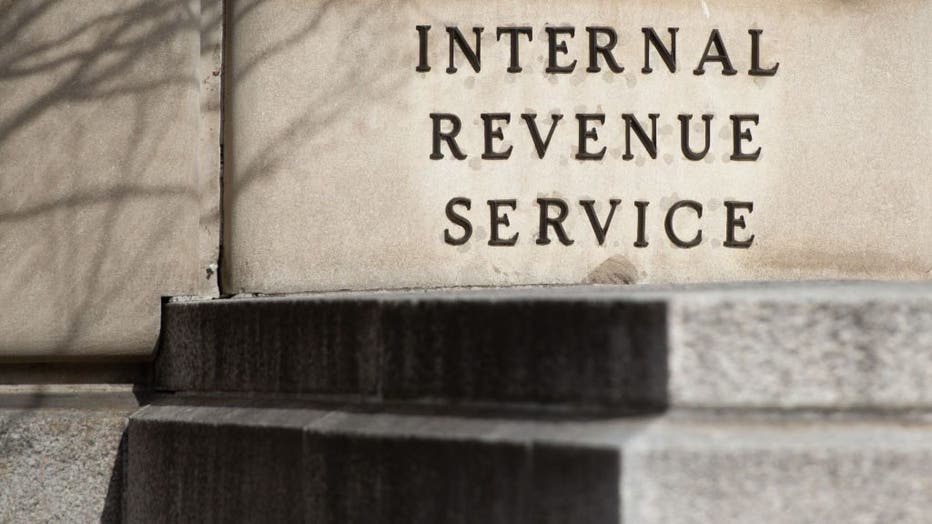'Tax-time surprise': COVID-19 unemployment benefits lead to higher tax bill for unsuspecting filers
Americans who sought unemployment aid during the economic downturn caused by the COVID-19 pandemic may face another financial burden when it comes time to pay taxes.
Federal and most state governments count unemployment benefits as taxable income and, unlike a typical paycheck, taxes aren’t automatically withheld from jobless aid. Such deductions must be manually enacted by checking a box on the unemployment application, Fox Business reported.
If you haven’t been making those deductions, you may be dealt an unpleasant surprise tax bill this season. Additionally, The Washington Post reports cases of people who did withhold and still face tax bills that climb into the thousands.
RELATED: Unemployment claims drop to 730,000; pandemic keeps layoffs high
A bit of relief is on the horizon in the form of a $1.9 trillion stimulus package, which includes $1,400 direct payments to Americans. Democrats are hoping President Joe Biden can sign it in mid-March.
That timeline would allow the Internal Revenue Service to distribute stimulus payments before the April 15 tax deadline. Even so, the relief package is missing language that would eliminate taxes on unemployment.
RELATED: 'I am optimistic now': Post-pandemic hiring could rebound quickly
In previous economic downturns, Congress eliminated portions of the tax bill for the unemployed. In 2009, lawmakers waived taxes on up to $2,400 in jobless aid, Fox Business reported.
Similar legislation, crafted by Sen. Richard J. Durbin, D-Ill., and Rep. Cindy Axne, D-Iowa, has been introduced. The Coronavirus Unemployment Benefits Tax Relief Act would eliminate taxes on the first $10,200 of unemployment benefits received in 2020.
"Families across the country are struggling to keep a roof over their head, food on the table, and to pay for health care and other necessities. As we grapple with the economic pain of this pandemic, the bill I’m introducing today with Rep. Axne would provide tax relief to unemployed Americans so they can spend their benefits supporting their families and their communities," Durbin said in a Feb. 2 news release.

The US Internal Revenue Service (IRS) building in Washington, DC, Jan. 28, 2019. (Photo credit should read SAUL LOEB/AFP via Getty Images)
The House version of the bill, H.R.685, is awaiting action by the Ways and Means Committee. Its Senate companion, S.175, has been referred to the Finance Committee.
The IRS has additional information here about how to withold taxes from unemployment compensation.
This story was reported from Atlanta.

